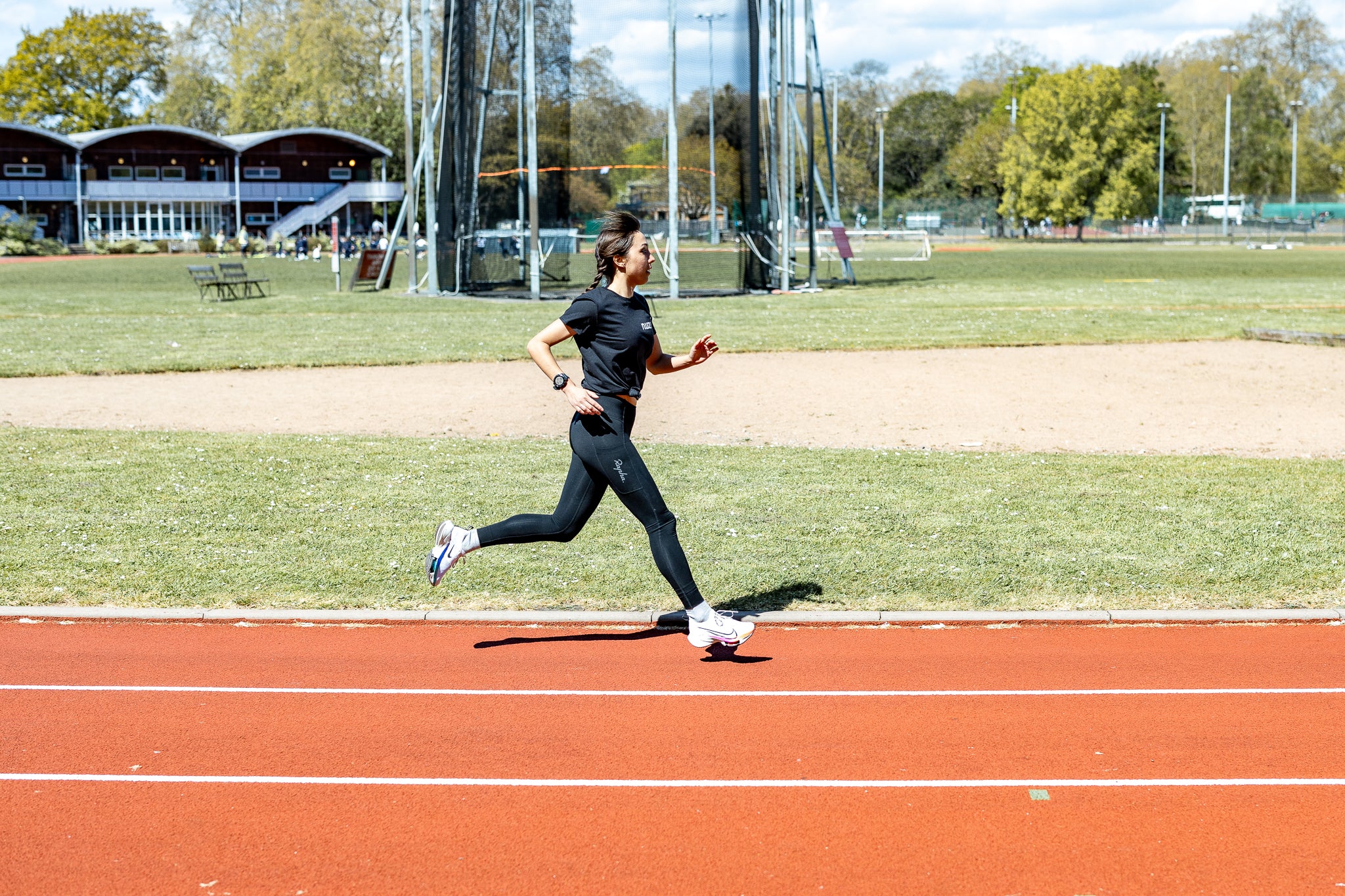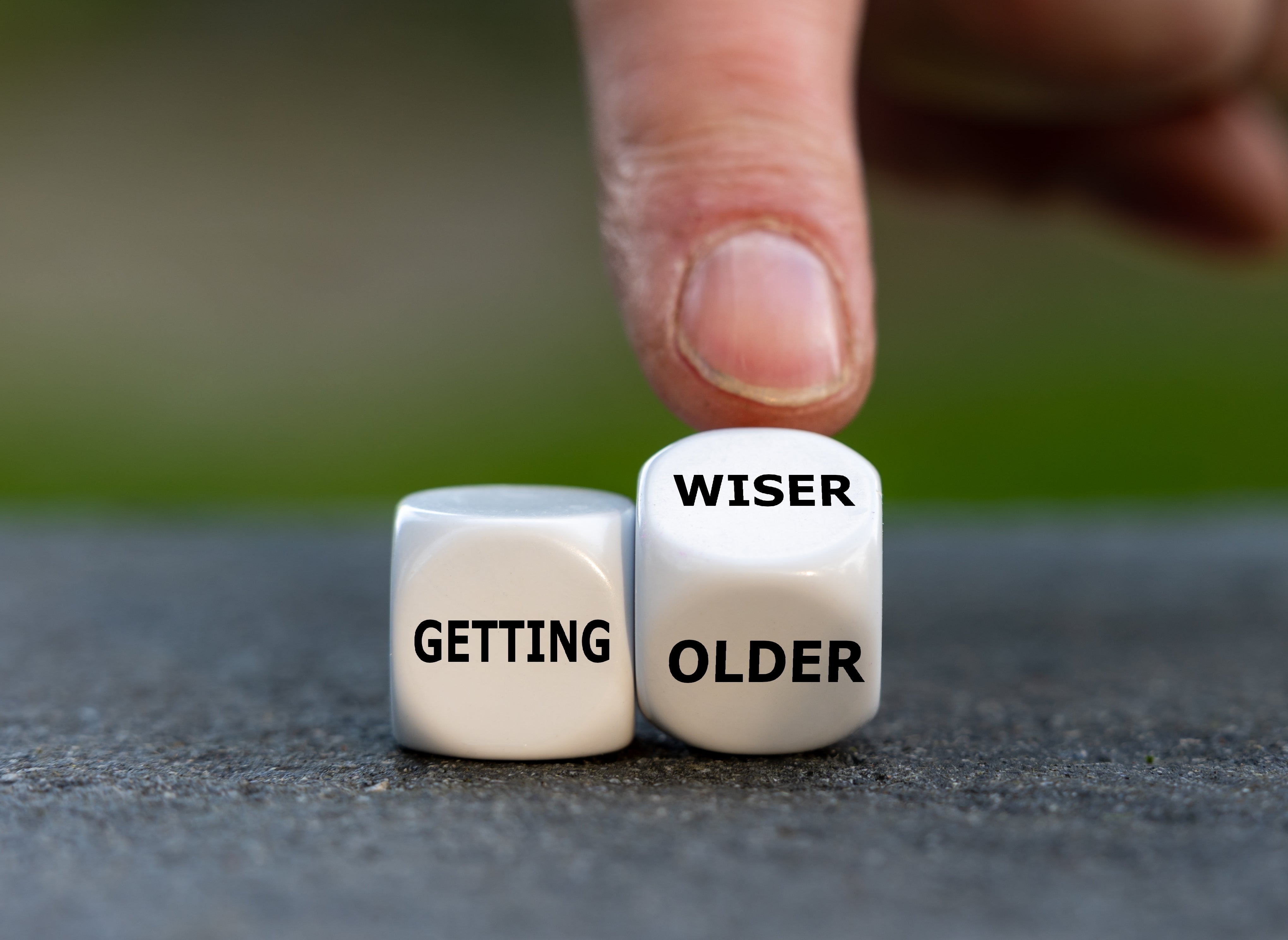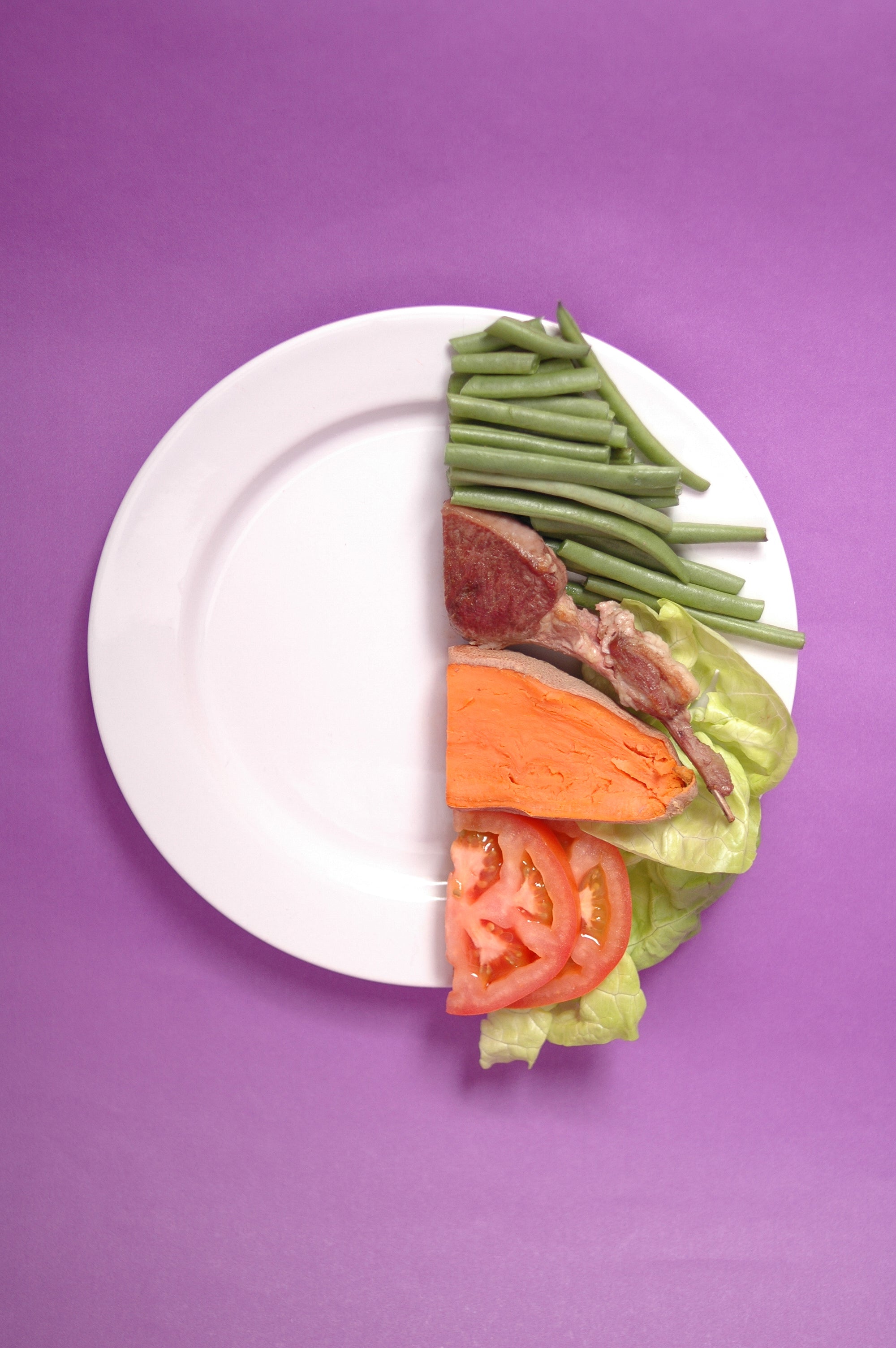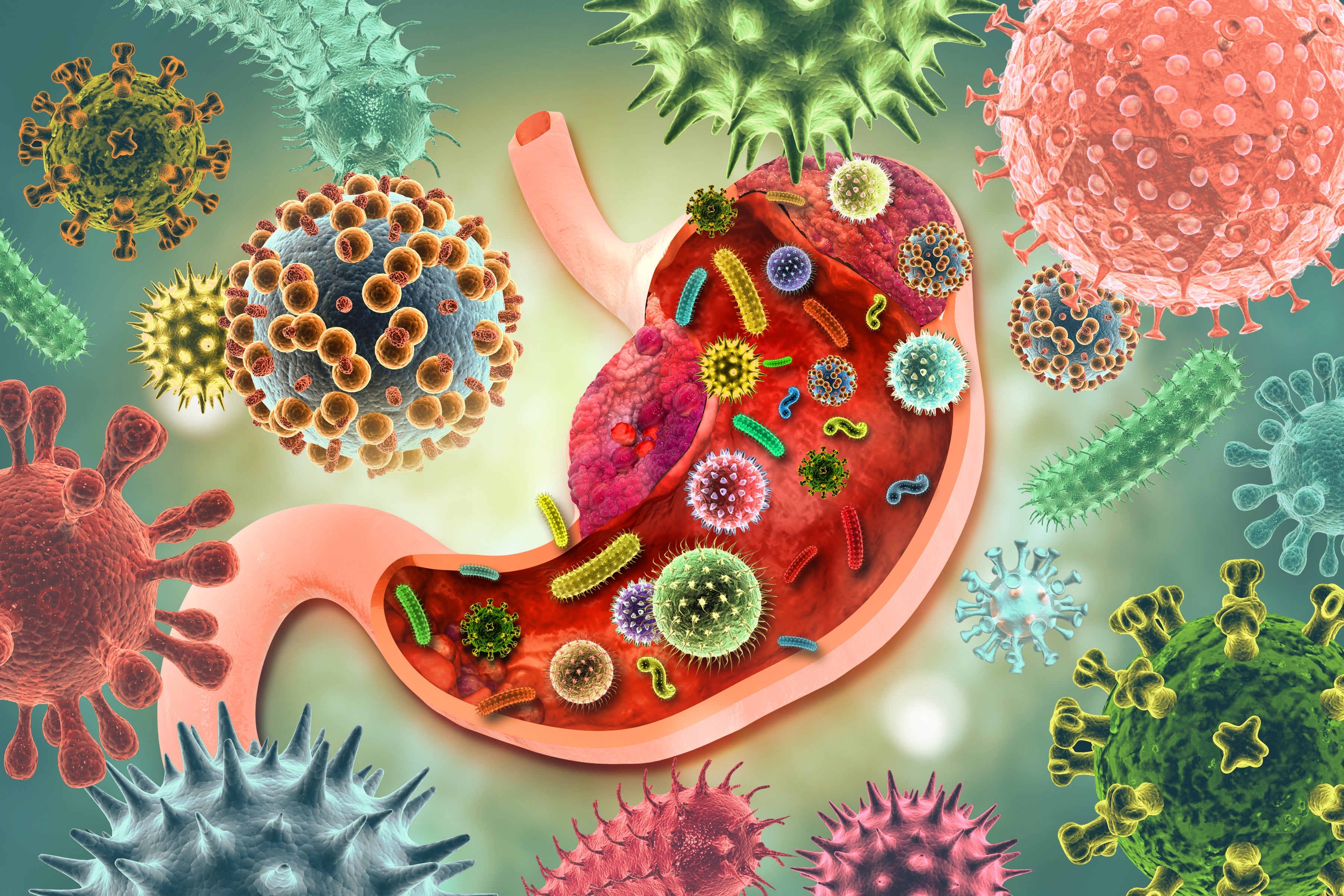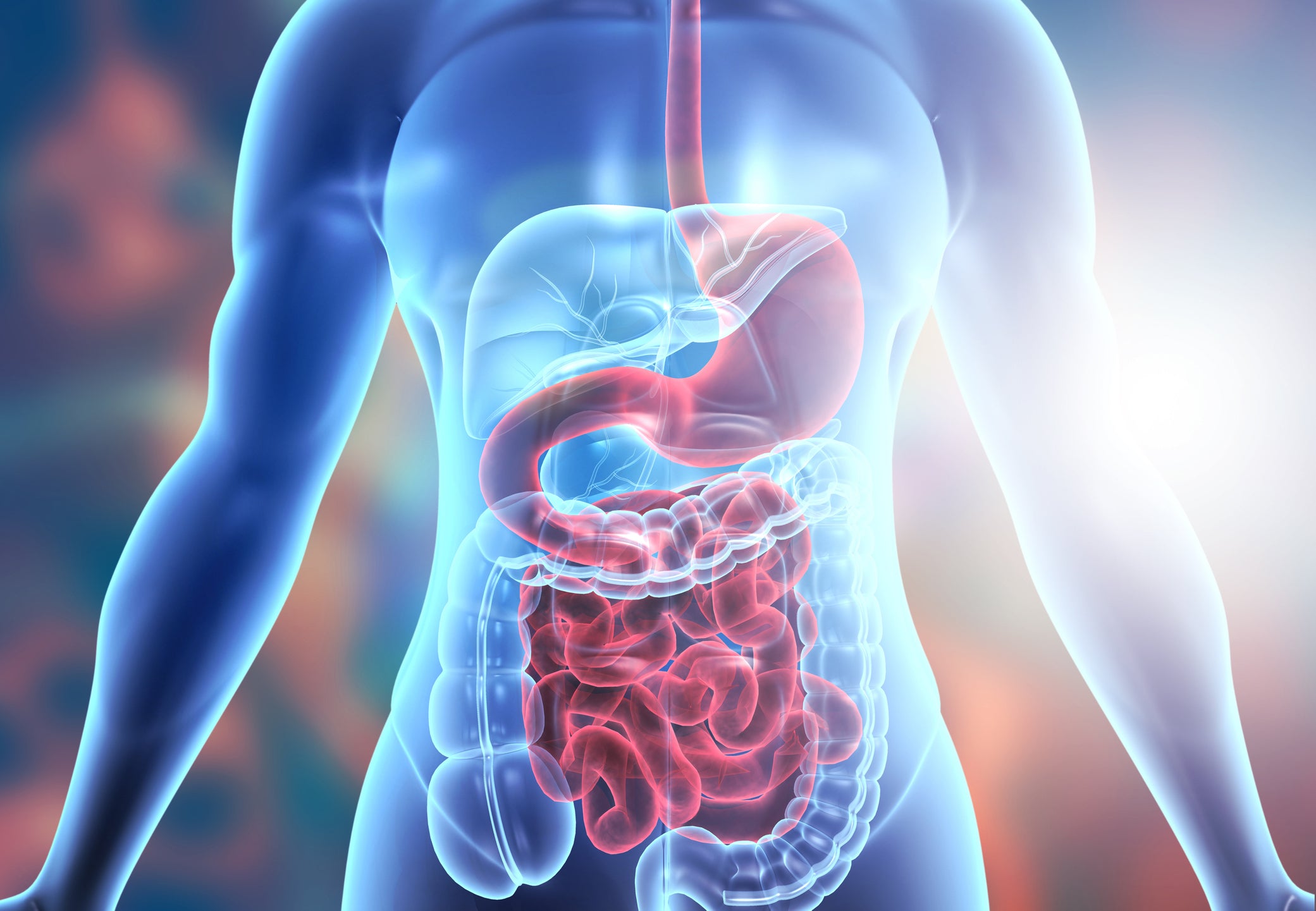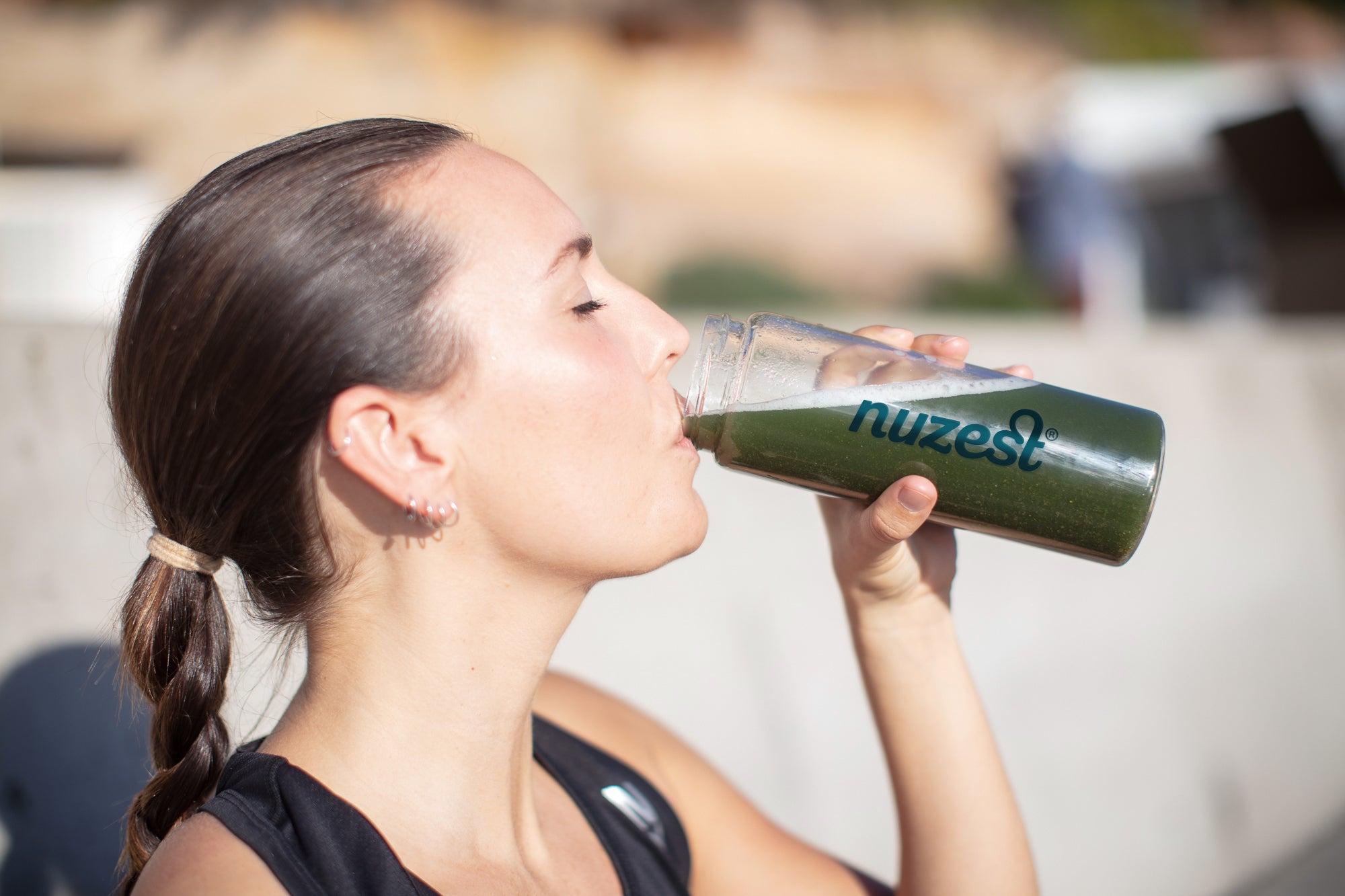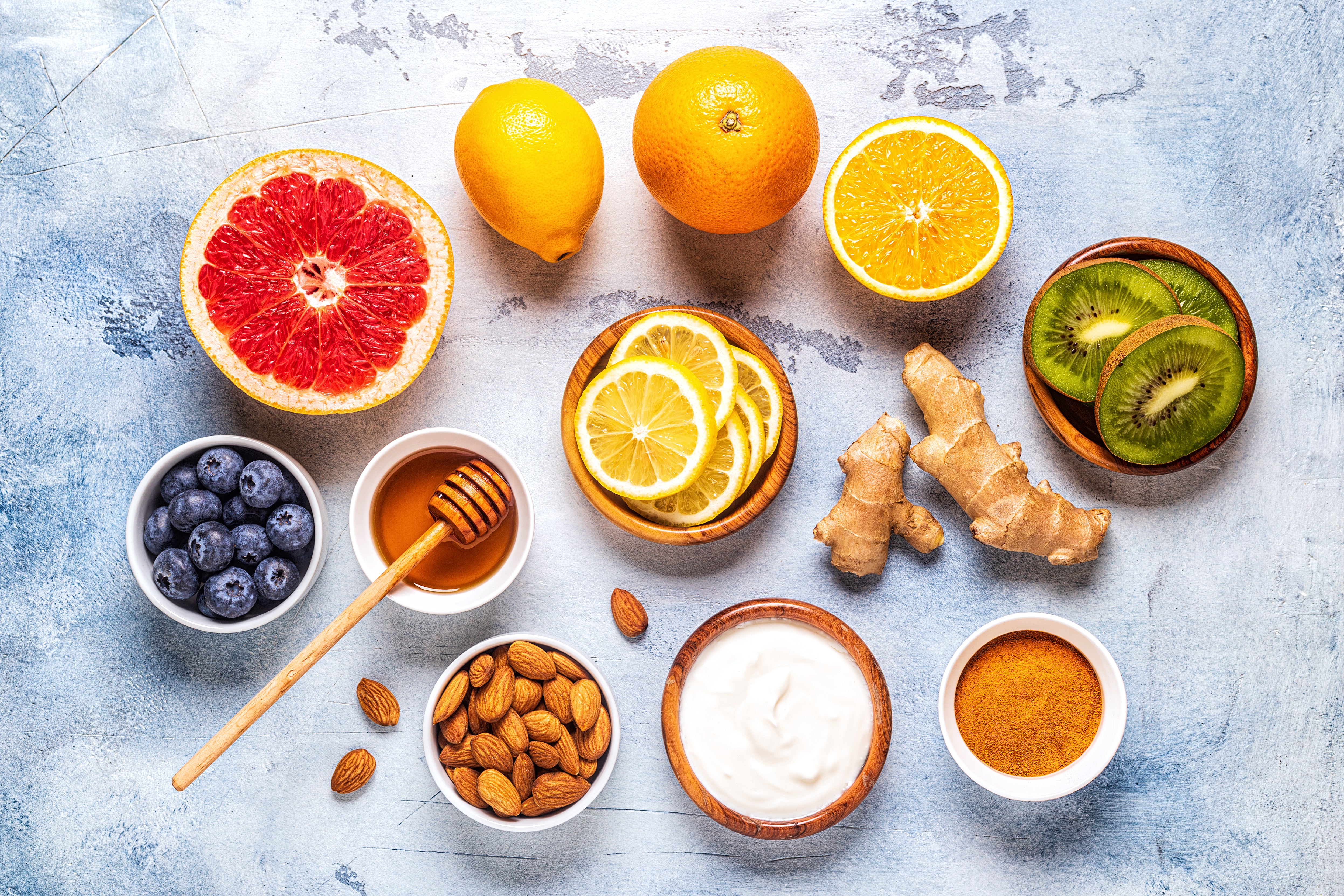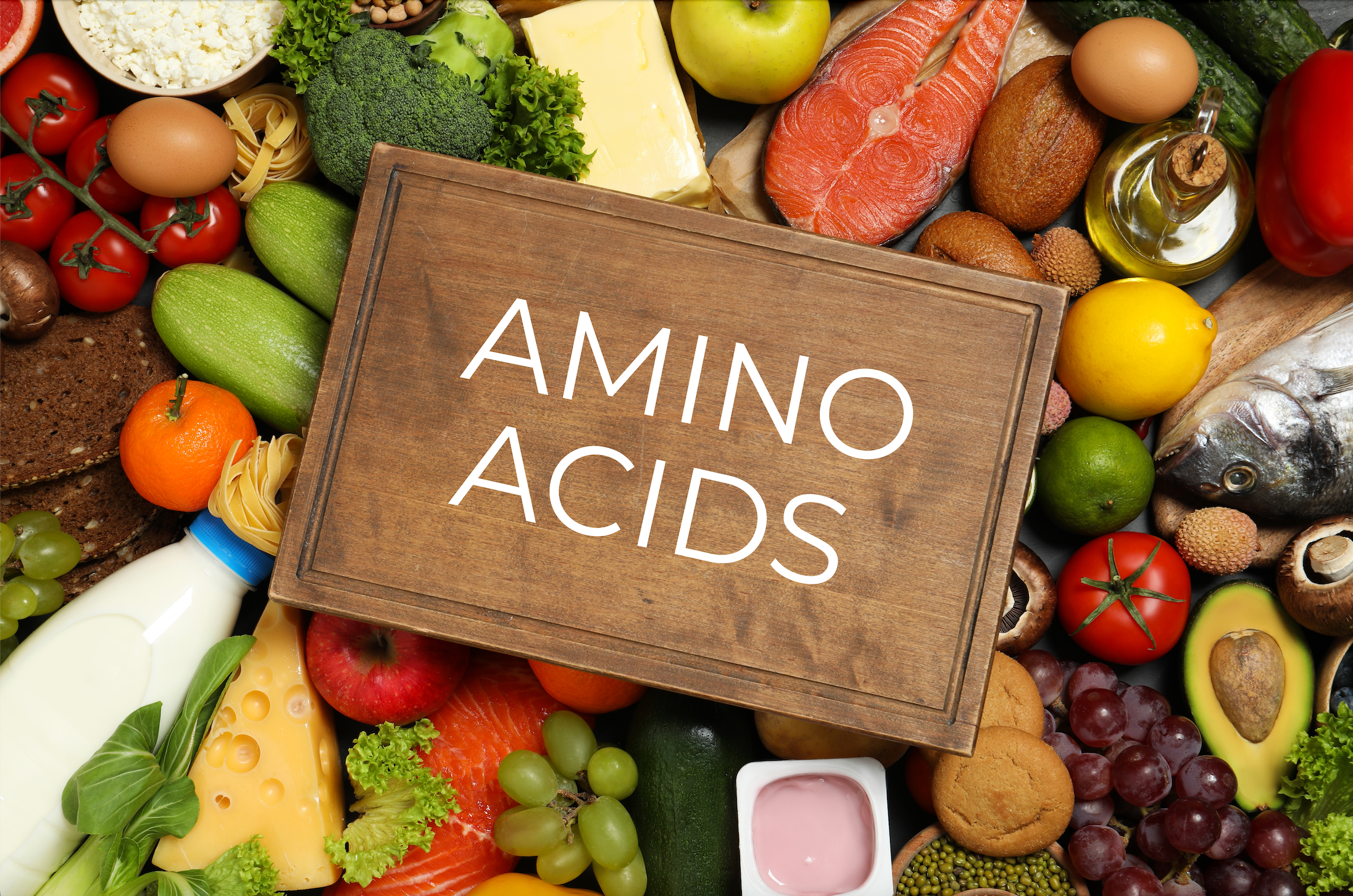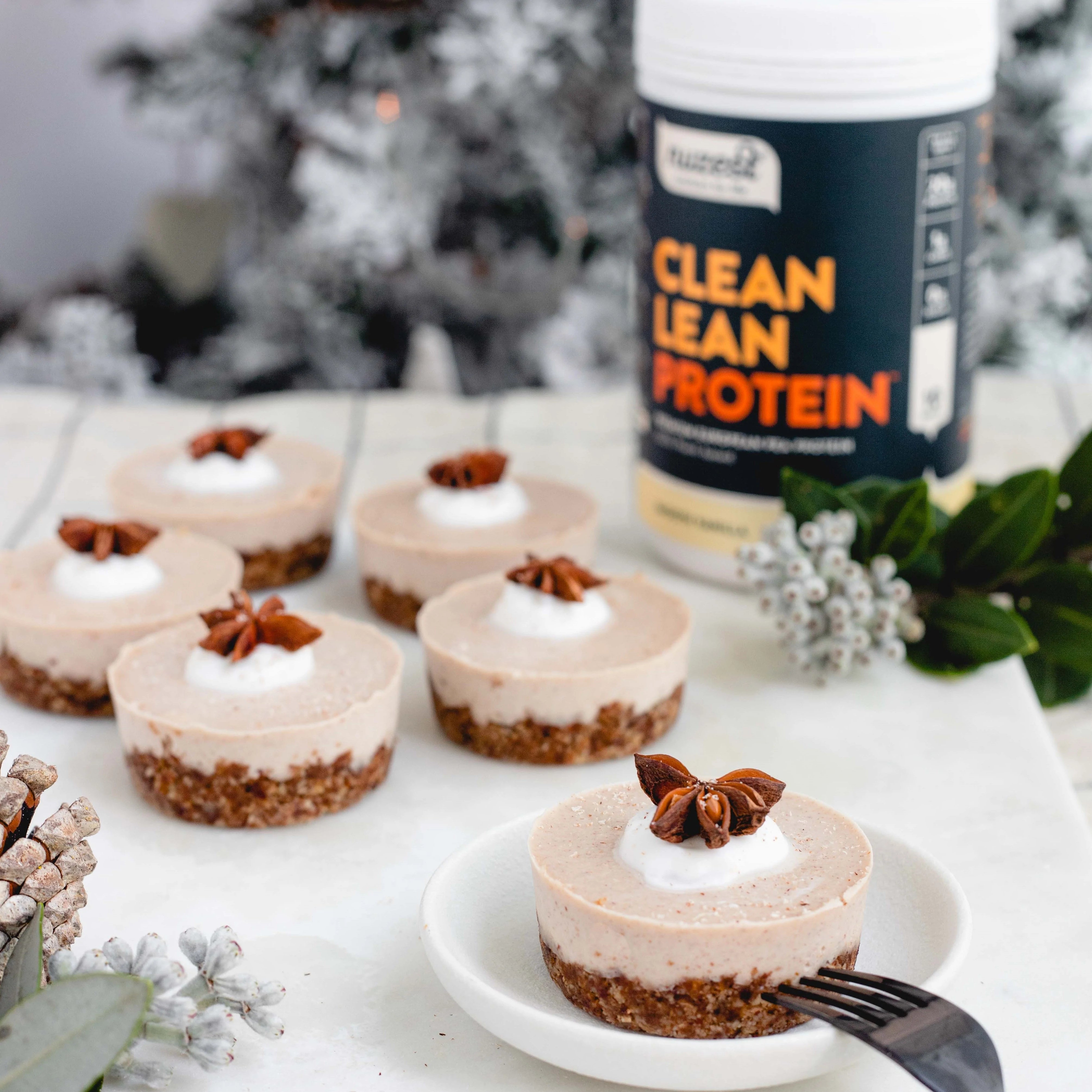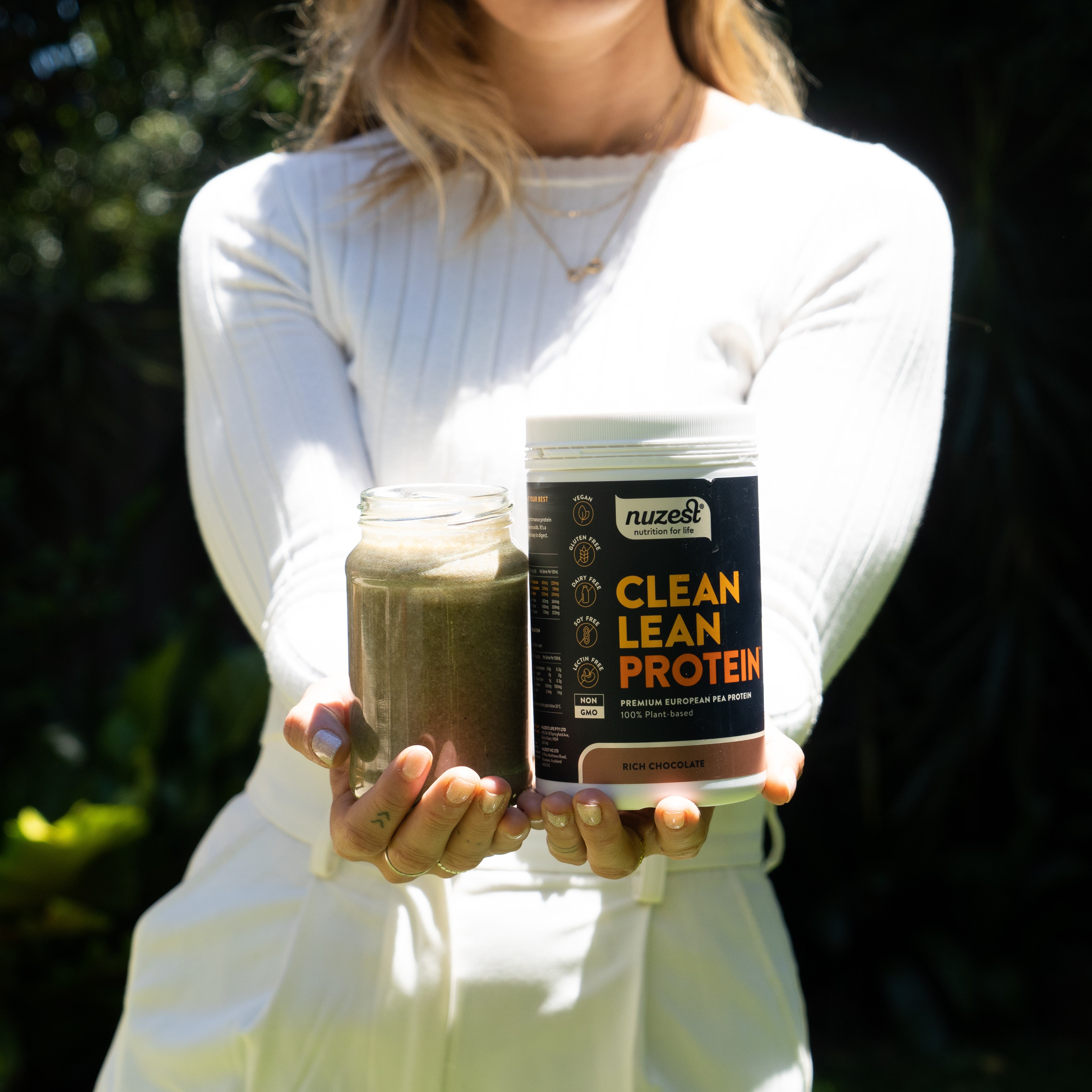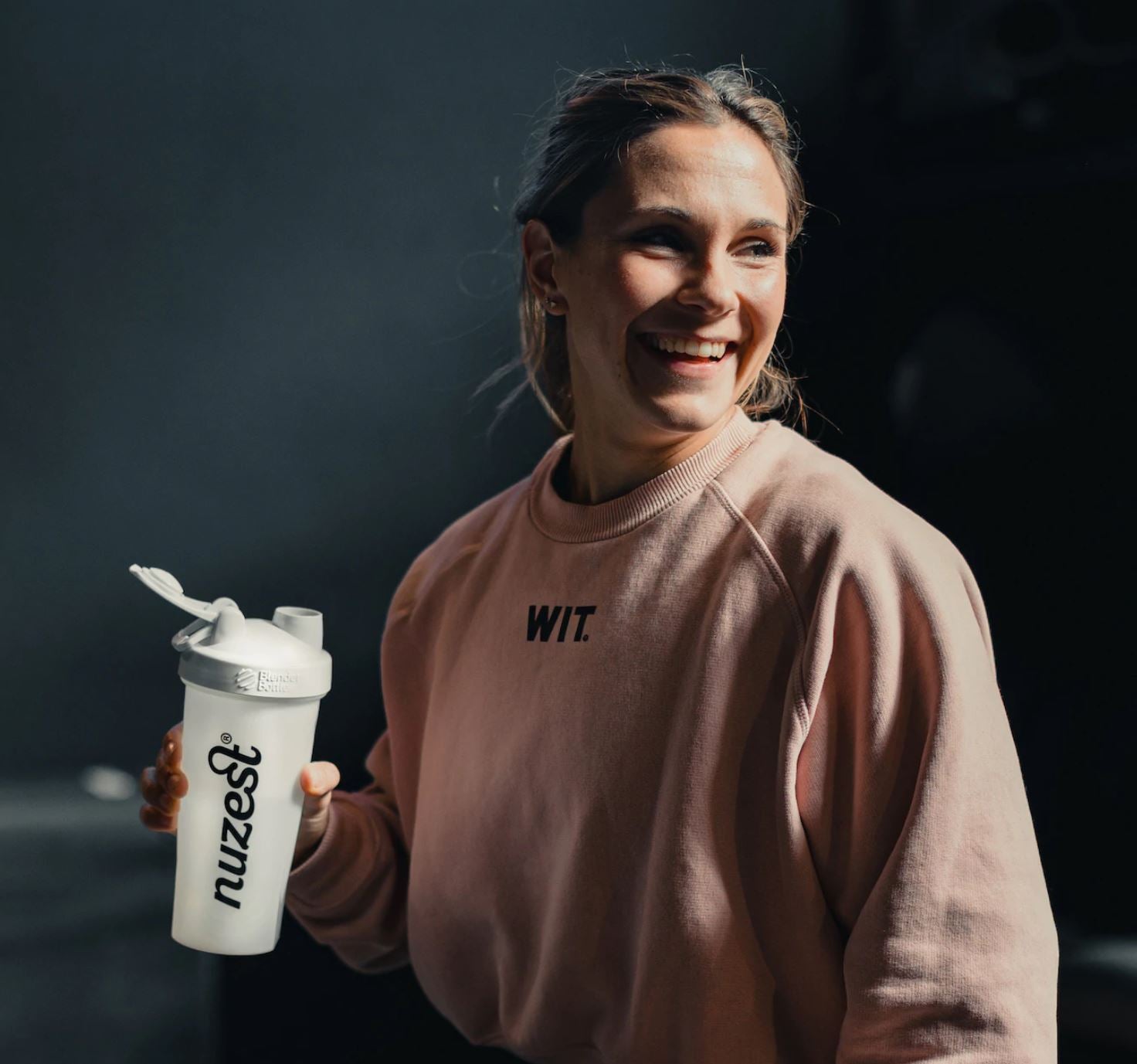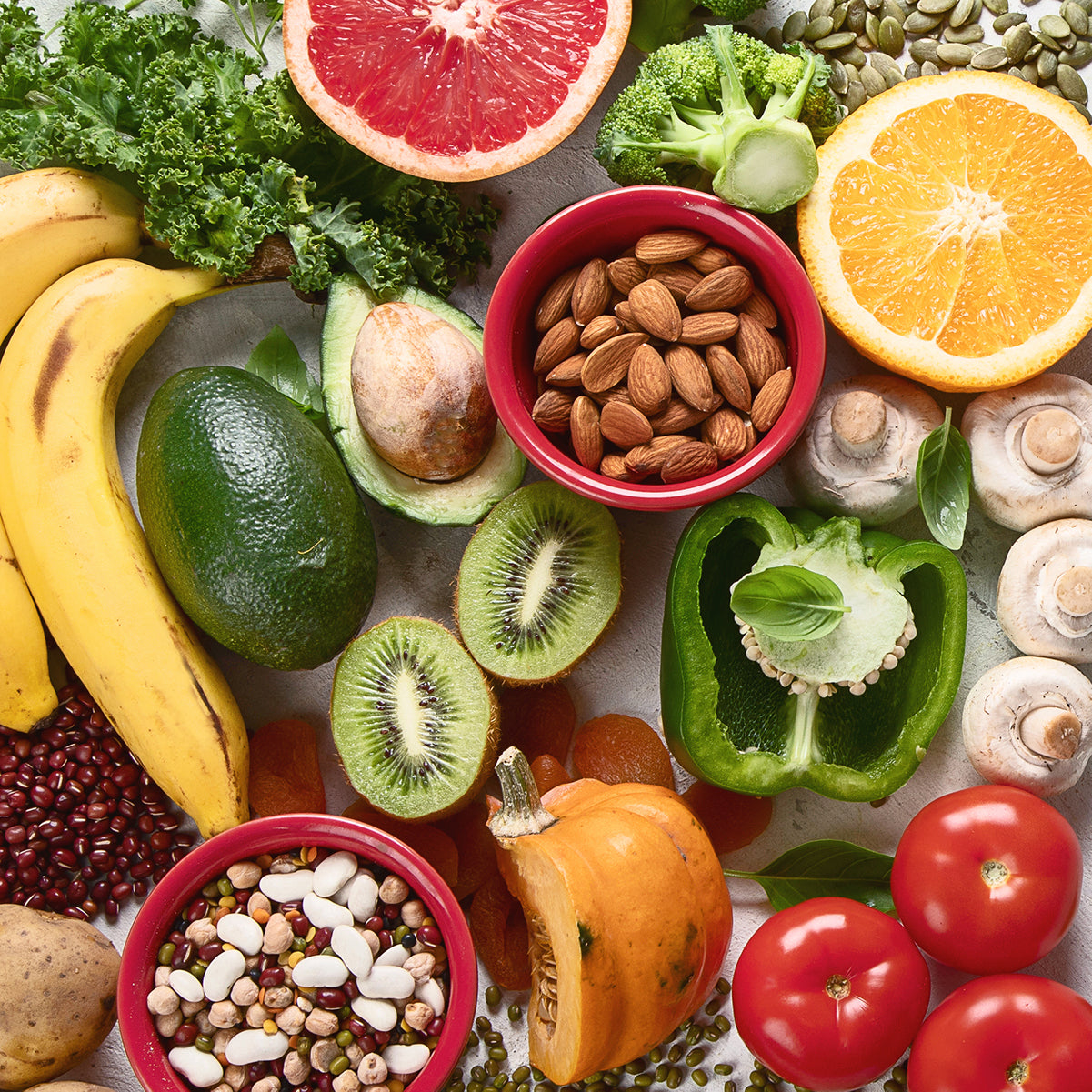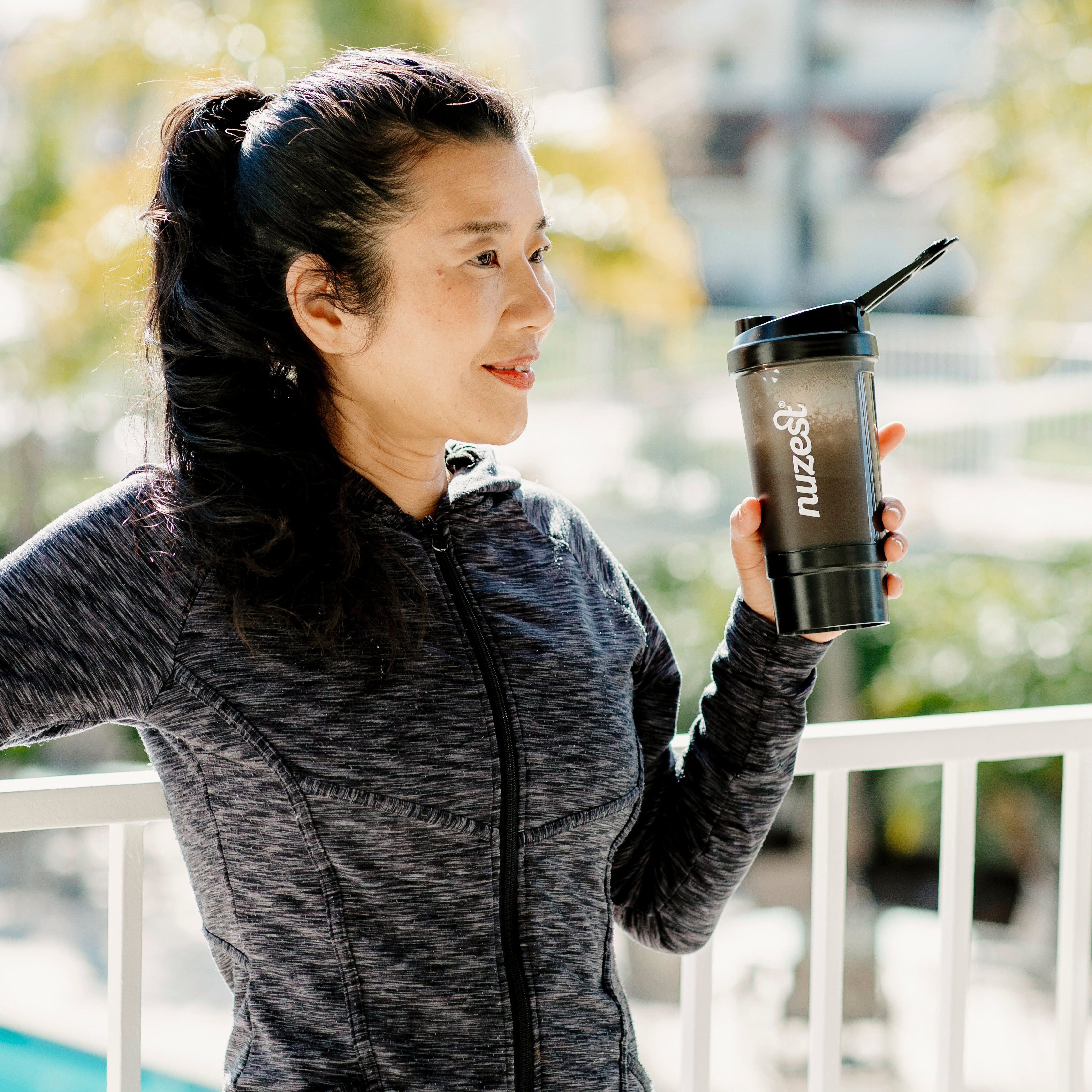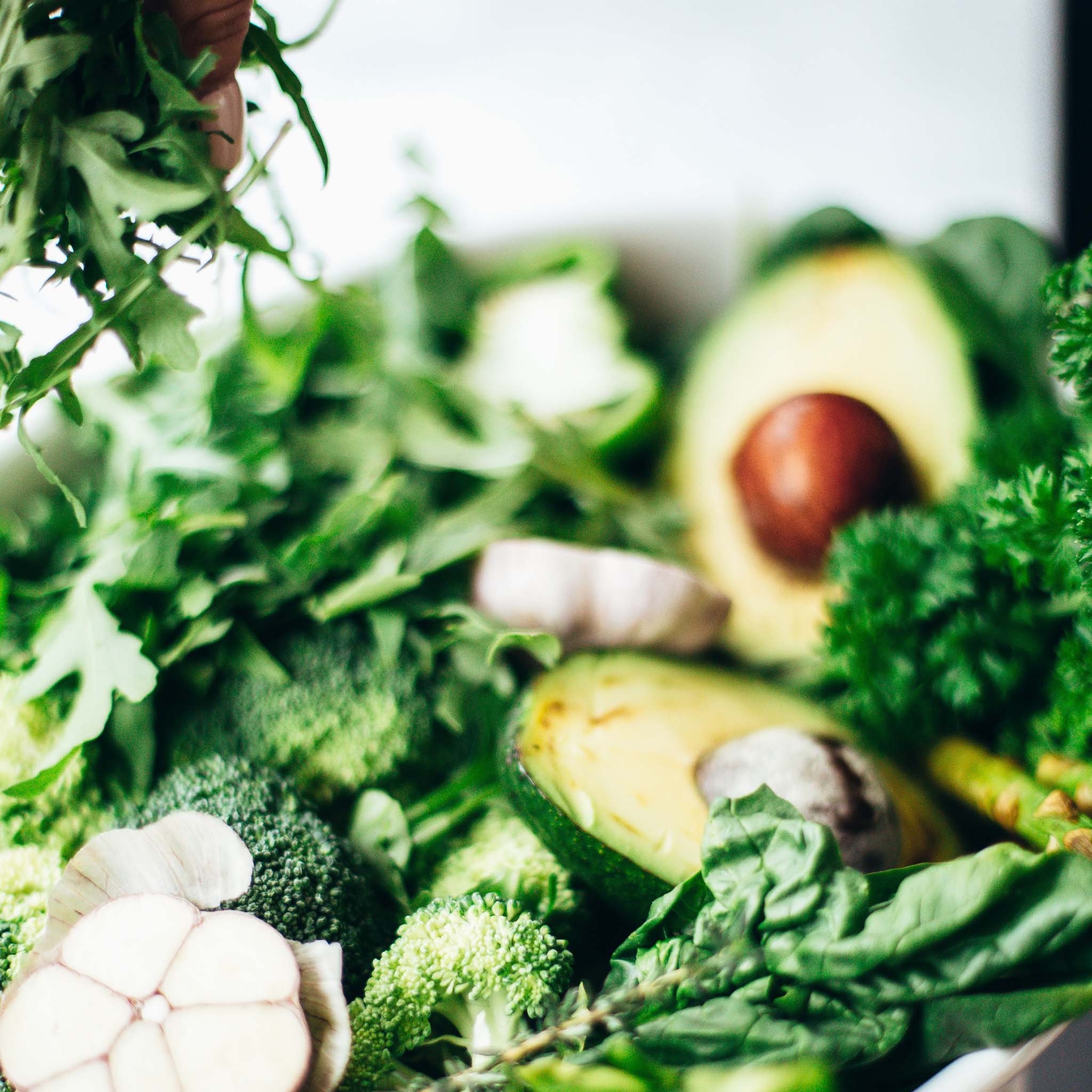Winter can be a time for hibernation. We don't always stick to our nutrition plan as strictly, and the odd workout can go astray with the cold mornings and early sunsets...But as the days begin to lengthen and the sun begins to shine, we can kickstart our behaviours and routines back into shape and spring back into spring and the summer holiday period.
Food comes first
To feel great and perform at your best (and be in your best shape) you have to set a strong foundation with your nutrition. While different 'diets' work for different people, there are a few key points that everyone should consider:
- Make sure 80% of your diet is based on natural, unprocessed foods
The greatest protective overall effect on health consistently comes from those that focus on whole foods rich in essential nutrients.
- Eat at least 6 servings of vegetables and berries per day
There is a linear association between improved health and intake of vegetables, fruits, and berries!1 Veggies and berries in particular are powerhouse sources of prebiotic (gut-supporting) fibres, and vitamins, minerals, and antioxidant chemicals that support health.
- Drink two large glasses of water upon rising
Dehydration will affect mental and physical performance more, and faster, than anything else. By having two large glasses of water, first thing upon rising, you offset night-time dehydration and get back to full function much faster.
- Eat meals...don't snack!
Snacking drives poor eating behaviours which can sabotage energy levels and cognitive function, and studies also show that snacking drives eating patterns that lead to poorer weight maintenance.
Take a good multi
Some fresh foods simply do not provide the same amounts of micronutrients as they once did, and many people fail to get all the vitamins, minerals, and secondary nutrients they need, each and every day.3, 4 A whole-food based multi-nutrient that provides your daily requirement of the essential vitamins and minerals, along with adaptogenic herbs, health-promoting mushrooms, vegetables, and berries (like Nuzest Good Green Stuff), can help to support your overall health,5, 6 reduce stress,7 improve sleep,8 and boost brain function.9
Get quality sleep
Over the winter, we can fall into some poor sleeping habits. Too much time indoors and too many late nights bingeing on Netflix can sabotage our circadian rhythms. This is being recognised as one of the major contributors to poor energy, reduced mood and cognition, and one of the biggest affecters of long term health. While sleep could be an article in and of itself, suffice to say that as we kickstart into spring, we should refocus on switching off the TV and any light-emitting devices (like phones and pads) 2 hours before bed and getting up and exposing yourself to early morning sun, each and every morning. (Many other tips for sleep can be found in my book "The Carbohydrate Appropriate Diet" available at Amazon.)
Get enough protein
A lot of people forget about the importance of protein in the diet, and sometimes, over the winter, we fall into habits of eating more carb-heavy 'comfort' foods that are lower in protein. But increasing protein in the diet can help you to improve your lean body mass, 10 11, 12 reduce fat mass, improve bone health,13 improve cardiovascular health, 14, 15 and increase satiety (which helps you to make better food choices overall!) If you find that you consistently under eat protein, try using a quality protein powder like Nuzest Clean Lean Protein.
Conclusion
Even if we fall into habits of comfort over performance during winter, by making just a few simple changes, we can spring back into spring with renewed energy and vitality.
- Base each meal on 1-2 palm sized portions of protein (i.e. meat, eggs, fish, sprouted lentils, nuts or seeds, or a quality protein powder like Nuzest Clean Lean Protein)
- Try to have 3 x fist-sized servings of veggies at 2 meals of the day
- Eat 2-4 balanced meals per day...don't snack!
- Get 8 hours of quality sleep per night
References
- Aune D, Giovannucci E, Boffetta P, Fadnes LT, Keum N, Norat T, et al. Fruit and vegetable intake and the risk of cardiovascular disease, total cancer and all-cause mortality-a systematic review and dose-response meta-analysis of prospective studies. International journal of epidemiology. 2017.
- Berteus Forslund H, Torgerson JS, Sjostrom L, Lindroos AK. Snacking frequency in relation to energy intake and food choices in obese men and women compared to a reference population. Int J Obes Relat Metab Disord. 2005;29(6):711-9.
- Davis DR, Epp MD, Riordan HD. Changes in USDA Food Composition Data for 43 Garden Crops, 1950 to 1999. Journal of the American College of Nutrition. 2004;23(6):669-82.
- University of Otago and Ministry of Health. A Focus on Nutrition: Key findings of the 2008/09 New Zealand Adult Nutrition Survey. Wellington; 2011.
- Huang H-Y, Caballero B, Chang S, Alberg AJ, Semba RD, Schneyer CR, et al. The Efficacy and Safety of Multivitamin and Mineral Supplement Use To Prevent Cancer and Chronic Disease in Adults: A Systematic Review for a National Institutes of Health State-of-the-Science Conference. Annals of Internal Medicine. 2006;145(5):372-85.
- Alexander DD, Weed DL, Chang ET, Miller PE, Mohamed MA, Elkayam L. A Systematic Review of Multivitamin Multimineral Use and Cardiovascular Disease and Cancer Incidence and Total Mortality. Journal of the American College of Nutrition. 2013;32(5):339-54.
- Macpherson H, Rowsell R, Cox KHM, Scholey A, Pipingas A. Acute mood but not cognitive improvements following administration of a single multivitamin and mineral supplement in healthy women aged 50 and above: a randomised controlled trial. AGE. 2015;37(3):1-10.
- Sarris J, Cox KHM, Camfield DA, Scholey A, Stough C, Fogg E, et al. Participant experiences from chronic administration of a multivitamin versus placebo on subjective health and wellbeing: a double-blind qualitative analysis of a randomised controlled trial. Nutrition Journal. 2012;11(1):1-10.
- Harris E, Macpherson H, Vitetta L, Kirk J, Sali A, Pipingas A. Effects of a multivitamin, mineral and herbal supplement on cognition and blood biomarkers in older men: a randomised, placebo-controlled trial. Human Psychopharmacology: Clinical and Experimental. 2012;27(4):370-7.
- Kim JE, O'Connor LE, Sands LP, Slebodnik MB, Campbell WW. Effects of dietary protein intake on body composition changes after weight loss in older adults: a systematic review and meta-analysis. Nutrition reviews. 2016;74(3):210-24.
- Kim JE, Sands L, Slebodnik M, O'Connor L, Campbell W. Effects of high-protein weight loss diets on fat-free mass changes in older adults: a systematic review (371.5). The FASEB Journal. 2014;28(1 Supplement).
- Helms ER, Zinn C, Rowlands DS, Brown SR. A Systematic Review of Dietary Protein during Caloric Restriction in Resistance Trained Lean Athletes: A Case for Higher Intakes. International Journal of Sport Nutrition and Exercise Metabolism. 2014;24(2):127-38.
- Darling AL, Millward DJ, Torgerson DJ, Hewitt CE, Lanham-New SA. Dietary protein and bone health: a systematic review and meta-analysis. The American Journal of Clinical Nutrition. 2009.
- Altorf van der Kuil W, Engberink MF, Brink EJ, van Baak MA, Bakker SJL, Navis G, et al. Dietary Protein and Blood Pressure: A Systematic Review. PloS one. 2010;5(8):e12102.
- Santesso N, Akl EA, Bianchi M, Mente A, Mustafa R, Heels-Ansdell D, et al. Effects of higher- versus lower-protein diets on health outcomes: a systematic review and meta-analysis. Eur J Clin Nutr. 2012;66(7):780-8.



